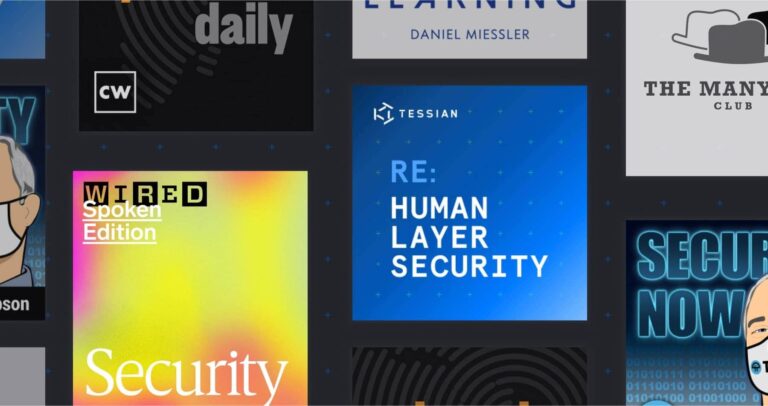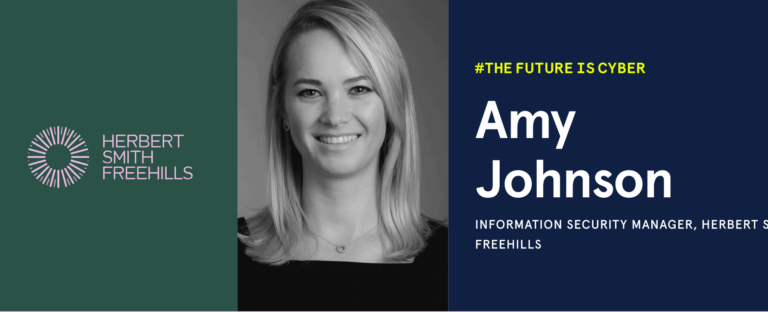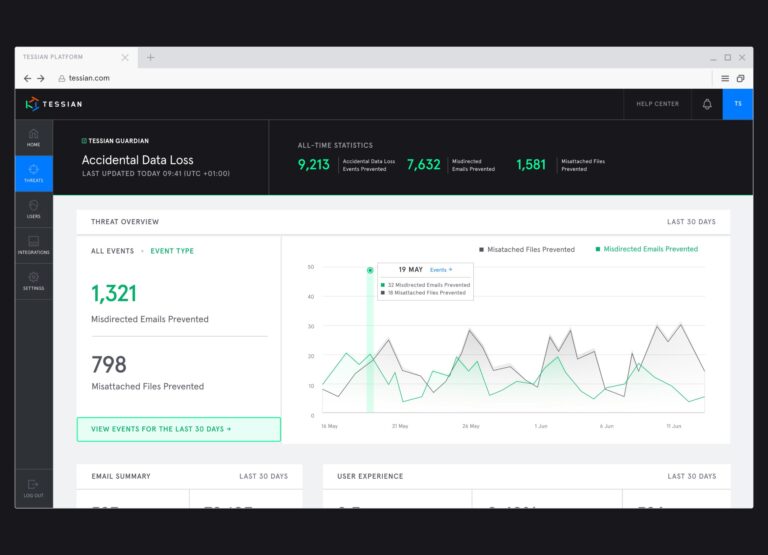Swati Lay, who has more than 20 years’ experience in software development and information security, is the Chief Technology Officer (CTO) at Funding Circle, a peer-to-peer lending marketplace that allows the public to lend money directly to small and medium-sized businesses.
Her interest in cybersecurity was piqued at 16-years-old with a course on Number Theory and Cryptography and, having earned her Bachelor’s Degree in Electrical Engineering and Operations Management from Princeton University, Swati started her career at Merrill Lynch in New York as a software developer.
Since then, she’s held leadership positions both at scale in larger enterprises and in higher growth environments, including retail banking at Barclays Bank and gaming, where she was the Director of Information Security at Betfair, what was then a FTSE 250 gaming operator.
“I think people view cybersecurity as a black art. But, it’s really not that obscure! There’s an incredible range of opportunities available, and not all of them require technical skills. ”
Swati Lay
Chief Technology Officer, Funding Circle
Q. Describe your role as a CTO in 300 characters or less.
I’m responsible for all of Funding Circle’s technology capabilities globally.
Q. You’ve been apart of the larger cybersecurity industry for over 20 years. How did you get involved initially?
My first real introduction to cybersecurity was a Number Theory and Cryptography course I took when I was 16-years-old.
While I was so fascinated by the subject, I remember thinking that I wasn’t the strongest from a math- perspective and that, because of that, I just wouldn’t be able to get a job in this industry.
Fast forward several years later, I’ve graduated from Princeton University, am working at AT&T as a Systems Engineer, and I started to realize that there are actual applications of cryptography in the business world. Importantly for me, its application in the business world is more focussed on implementation rather than the math behind it, so I was able to really get my head around it.
A colleague of mine at AT&T moved to Merrill Lynch to an Information Security team and asked me if I’d be interested in coming along. The rest is history! For me, it really was fulfilling a childhood dream.
Q. Why did you initially write off the industry as an option for you?
It just seemed so far out of reach. I didn’t understand what skills were required, in part because cybersecurity really wasn’t its own, standalone industry yet.
What’s even more sad, though, is that’s still the case for many people today. Despite the industry being more defined than it ever has been, there’s still a lot that needs to be demystified to really get people interested and involved.
Q. If you were discouraged based on preconceived notions about the industry, what skills and interests can you point to that are actually necessary to thrive in a cybersecurity role?
I think people view cybersecurity as a black art. But, it’s really not that obscure! There’s an incredible range of opportunities available, and not all of them require technical skills.
Yes, when you consider more general engineering, technical skills are paramount. But when you think about management roles, you need communication, collaboration, vision, etc.
Then, you look at cybersecurity more broadly. What you really need is the ability to communicate risk in a way that enables decision-makers to do their job.
People don’t always understand the work you’re doing or why it’s important, and that can make you second-guess yourself. That’s why we need people who are willing to do some really deep problem solving, people who are willing to dive into deep issues and not be afraid to have a contrary point of view.
You have to be smart. You have to be disruptive.
That’s why it’s so important that we diversify the population of people working in cybersecurity. We need to round out our teams and encourage more than just technical skills. If we don’t, the implications will be quite severe, especially because we’re not just protecting financial institutions and governments anymore. Companies across industries – small, medium, and large – have seen the value in building out cybersecurity functions.
Q. Does your senior role enable you to empower more people to explore the opportunities available in cybersecurity?
I think every person in senior leadership in cybersecurity wants to empower more people to explore these opportunities that are available. A big piece of that is role models. You have to see it to be it!
I remember when I was 12-years-old, someone mentioned an Ivy League school to me and I thought “I’ll never be able to do that!” It wasn’t until I saw people who had the same background and upbringing as me going to these schools that I finally thought I could do it, too.
That’s why now – especially because I’ve been so fortunate throughout my career and have had so many incredible opportunities – I want to show the next generation that they can have those same experiences.
This profile is a part of the larger Opportunity in Cybersecurity Report 2020. Click here to download the report and click here to read more profiles of women in cybersecurity, including professionals from IBM, KPMG, Nielsen and more.
#TheFutureIsCyber












